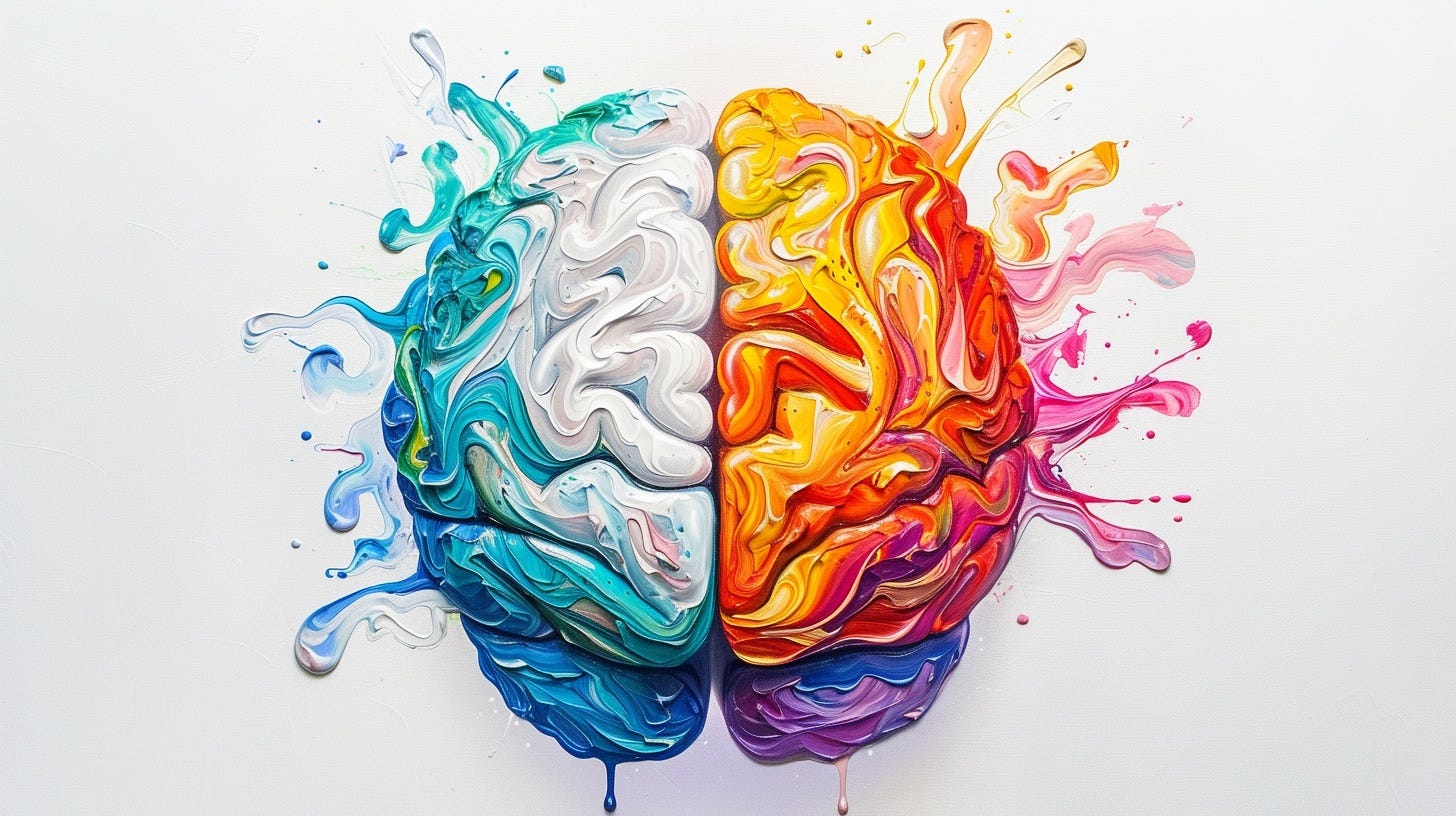AI Roundup 069: Project Greymatter
May 31, 2024.
Welcome to another Friday news roundup!
Project Greymatter
Apple's WWDC is in two weeks, and all eyes are on the company's AI strategy. A new report details Project Greymatter, a set of AI tools the company will integrate into core apps like Safari, Photos, and Notes.
Why it matters:
With so much hype around generative AI, there's a narrative that Apple is falling behind, especially given the company's early lead with assistants like Siri.
That said, the company has an opportunity to establish itself as a privacy-focused AI provider, capable of running models on-device.
There have also been weeks of rumors that the tech giant is partnering with OpenAI to bring its models to the iPhone in one form or another.
Elsewhere in the FAANG free-for-all:
Microsoft launched Copilot for Telegram in beta on mobile and desktop.
Google provided an update (and an explanation) for last week’s viral AI Overview screenshots (i.e., telling users to eat rocks).
Major tech companies formed an industry group to promote new standards for data center AI chip components.
And Stratechery breaks down the different approaches to AI integration taken by Google, Microsoft, Meta, Amazon, Nvidia, and Databricks.
Elon's billions
xAI, Elon Musk's 14-month-old AI startup, raised $6 billion in Series B funding this week.
Between the lines:
Musk famously co-founded OpenAI before falling out with Sam Altman, going so far as to sue OpenAI in March.
It's a staggering amount of cash, but it’s also unclear what it will be used for; the company has only released Grok, a ChatGPT competitor available on X.
But recent reporting hints at Musk's vision of building an xAI supercomputer - the "gigafactory of compute."
Elsewhere in AI investment:
Google announced plans to invest $2B in Malaysia, including building its first data center to develop AI.
The US Army awarded Palantir a 5-year, $480M contract for an AI-driven system that helps soldiers identify targets.
And Softbank has more than doubled its AI investments in the last twelve months, and is now spending $9B a year.

OpenAI has a lot going on
Like it or not, OpenAI has a knack for staying in the headlines.
What to watch:
OpenAI is hiring research engineers for its robotics team, aiming to develop models for other robotics companies.
A new Safety and Security Committee led by directors Bret Taylor, Adam D’Angelo, Nicole Seligman, and Sam Altman.
ChatGPT Edu, an "affordable" version of ChatGPT for universities.
Content agreements with Vox Media and The Atlantic.
A new enterprise deal with PwC that enables resale capability.
An update on deceptive uses of AI that the company has found and stopped.
News that the company is training a new flagship model.
A report suggesting Microsoft pushed OpenAI to accelerate commercialization after last November's attempted coup.
Former OpenAI safety lead Jan Leike is leading a new Superalignment team at Anthropic.
And in a new podcast, ex-OpenAI board member Helen Toner speaks publicly about why the board fired Sam Altman.
Things happen
Mistral releases Codestral, its first model for code generation. Anthropic adds "tool use" for Claude, letting users creating AI assistants. Gavin Newsom warns against over-regulating AI. An ex-Florida deputy sheriff built a network of fake news sites with ChatGPT. "All eyes on Rafah" - one of the first viral activist AI images. What we learned from a year of building with LLMs. Scale AI's SEAL Leaderboards. What it's like finding your nonconsensual AI clone online. AI is driving the next industrial revolution. WSJ ranks the five top LLMs. How SLMs like Phi-3 open up new AI use cases. Resume tip: how to hack AI resume screening. AI-generated CSAM is not a victimless crime. Publishing AI slop is a choice. The Washington Post tells staff is pivoting to AI. "We need 70% less coders as the AI handles most of the coding." Self-hosting keeps your private data out of AI models. 1 in 4 US teachers say AI tools do more harm than good. Nonconsensual AI porn maker accidentally leaks customer emails. Google researchers say AI is now the leading disinformation vector. Iyo thinks its AI earbuds can find success where others failed. How AI made Mark Zuckerberg popular again. How AI could change EV charging. AI demand pushed back plans to end coal power reliance. Perplexity will research and write reports.






